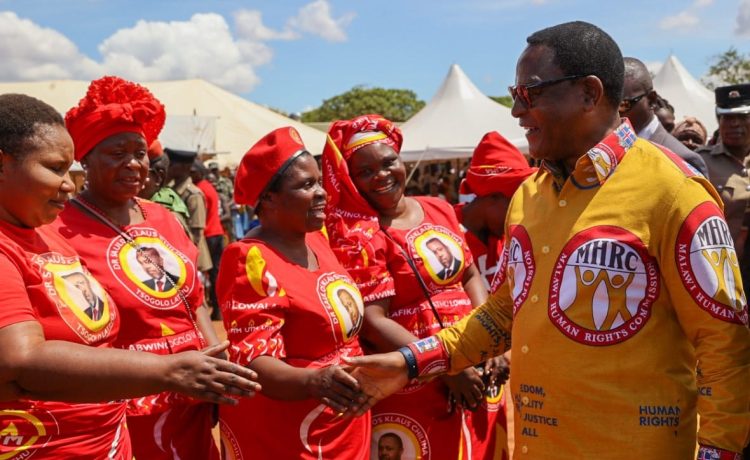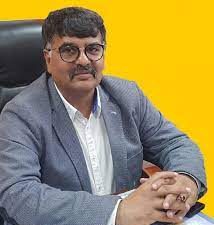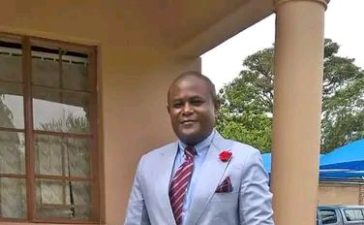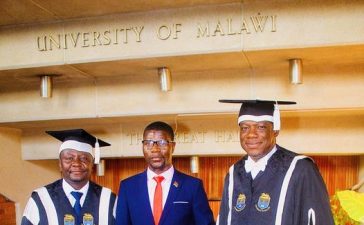Malawi President Dr. Lazarus Chakwera have called upon Malawians with economic and social advantages to actively generate opportunities for those less fortunate. Speaking at the official observance of International Human Rights Day at Chigumukire School Ground in Chileka, Blantyre, President Chakwera criticized the self-centered tendencies of many Malawians who possess greater disposable income than their counterparts.
“There is a growing culture for everyone to look after themselves,” he lamented.
He also rebuked the tendency of other “well-resourced” Malawians who are fond of using their money for consumption instead of using such money to add value to local goods and services before exportation.
“Those with more disposable income must remember that privileged education is not for themselves only but also for others. Let us create opportunities for others,” said Dr Chakwera.
He added: “The true measure of success is not how much you have more than others but how many opportunities you are creating for others and that is how we can achieve economic freedom.”
As it stands, Malawians consume an aggregated sum of $250 million per month (monthly import cover) which translates into $3 billion per annum.
Such excess demand for foreign exchange has piled more pressure on the foreign exchange market, putting the local currency, the Kwacha, under severe strain in the process.
President Chakwera also asked private sector players to ensure joining the bandwagon in supporting Malawi’s three key governance institutions, namely, the Malawi Human Rights (MHRC), the Legal Aid Bureau and the Anti-Corruption Bureau (ACB).
Speaking earlier, United Nations (UN) Resident Coordinator for Malawi, Rebecca Adda-Dontoh, commended the Chakwera-led administration for advancing justice and equality over the past few years.
She also hailed President Chakwera for creating an enabling environment for the protection of the marginalised such as women, children, the disabled, the elderly and refugees, among others.












